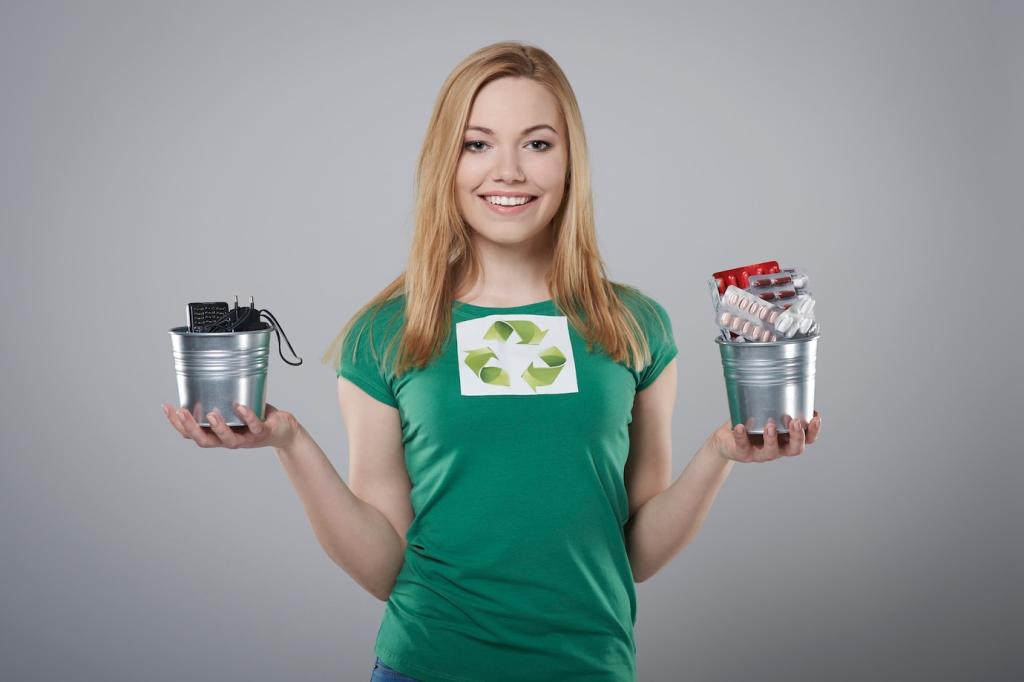A Greener Footprint from Bottle to Drain
Ingredients derived from coconut, sugarcane, or corn can reduce reliance on petrochemicals. Seek brands that share sourcing transparency and sustainability commitments, supporting ecosystems and communities alongside sparkling countertops and stainless sinks.
A Greener Footprint from Bottle to Drain
Formulas designed to biodegrade help reduce impact once they leave your drain. Look for clear biodegradability claims and third-party testing, and follow labels regarding septic safety or greywater suitability to protect local waterways.






